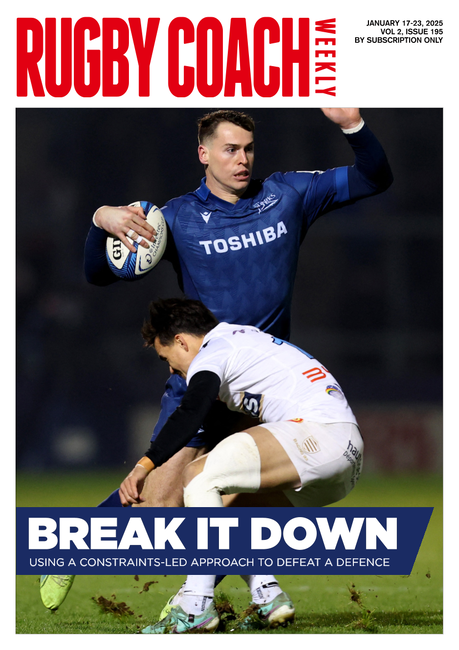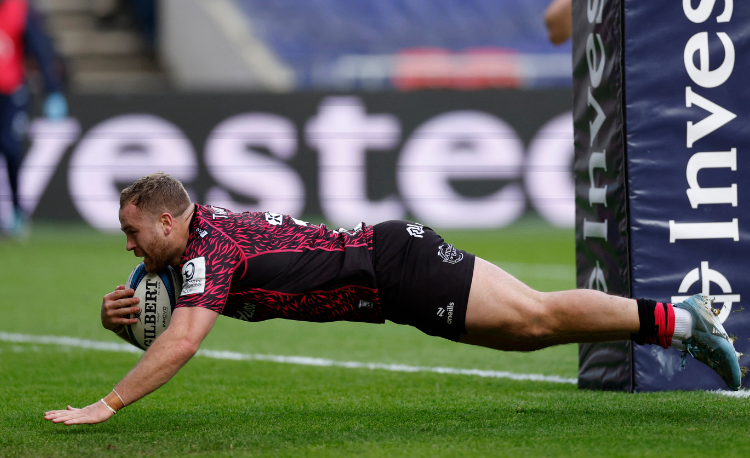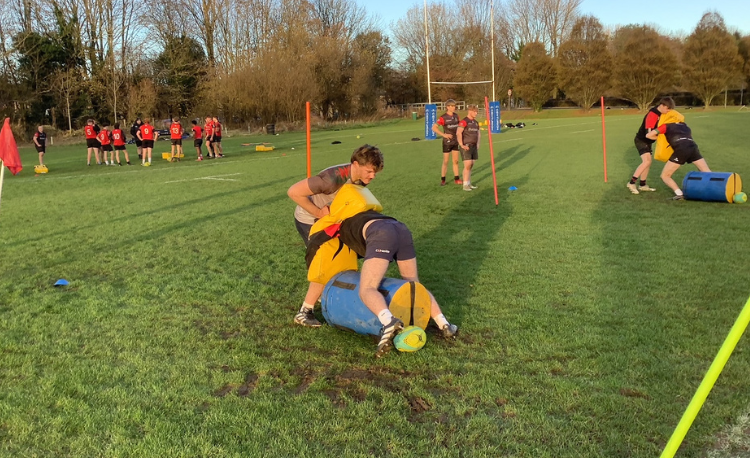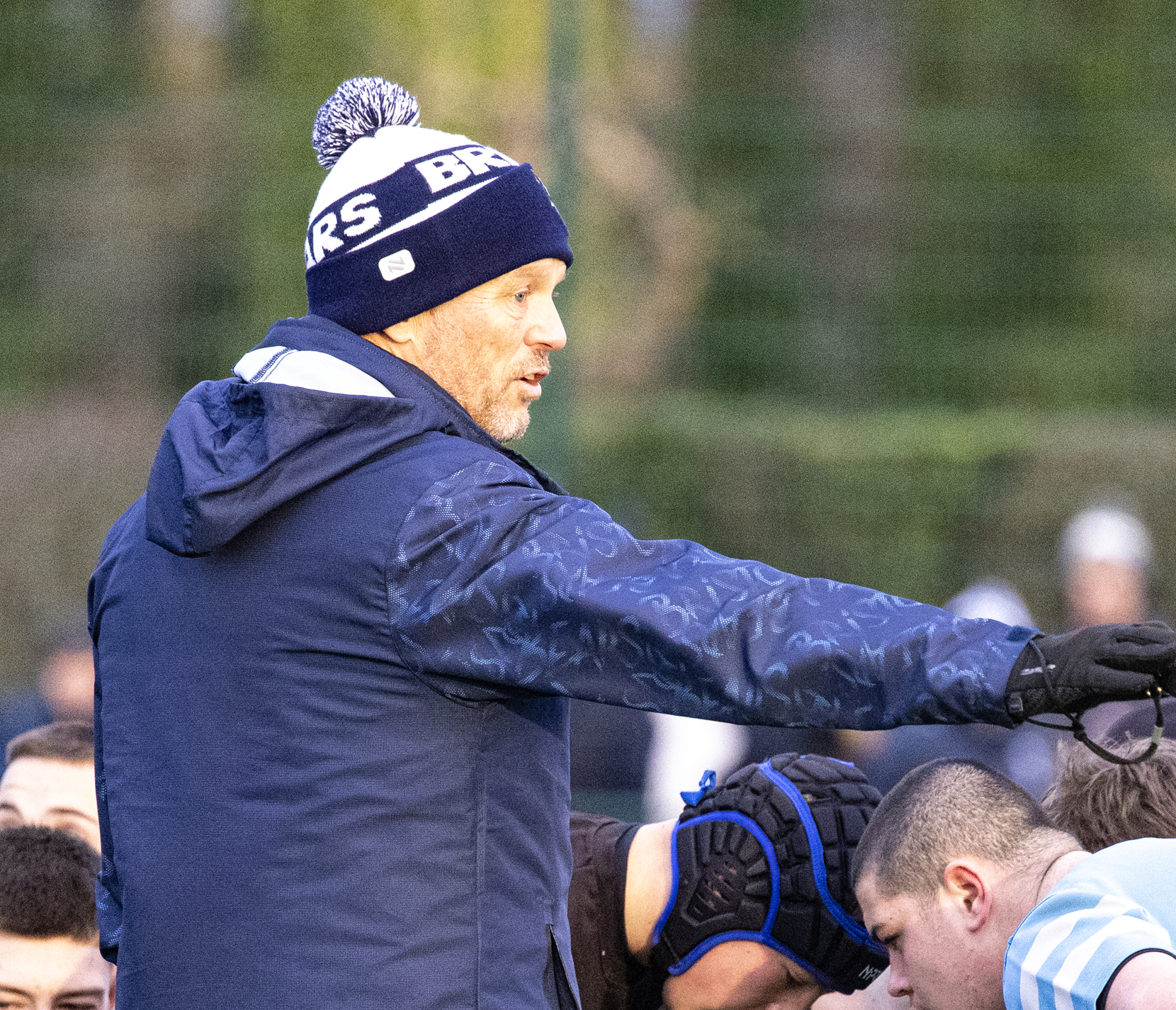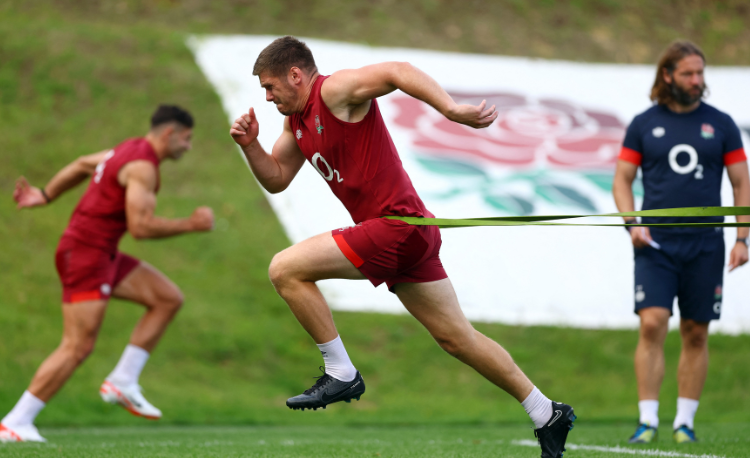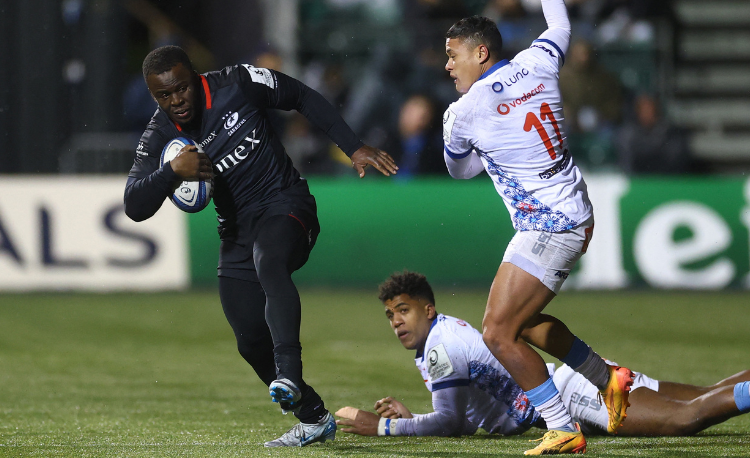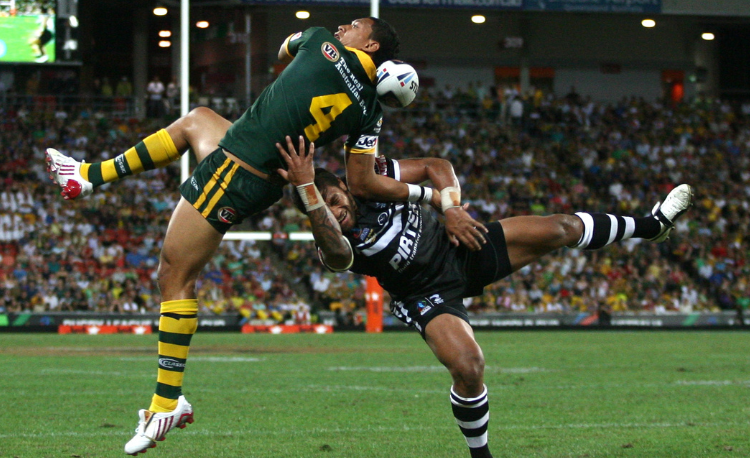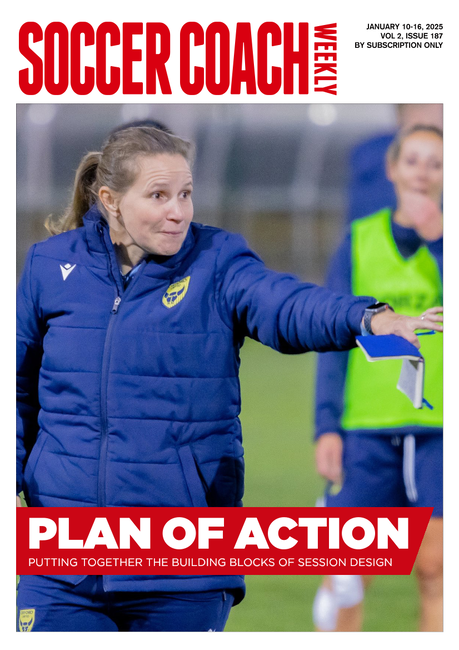SMART coaches, not just SMART targets
To maintain credibility and project a good image, good coaches are smart coaches. Ian Diddams explains how smart coaches stay ahead of the game.

Look SMART
Dress appropriately at all times, in a clean and professional looking kit. Coaches that look the part act the part, as well as convey an appearance of being in control. A club corporate image with standardised coaching jackets looks great, but at the very least weather and rugby appropriate clothing and clean boots should be worn.
Don’t be afraid to ask the club for kit. You give up enough time for others and for no financial reward so why not.
Think SMART
Plan your sessions in advance including emergency fall back sessions for when key players or other problems arise. Delivering training sessions is a coach’s basic job, so above all else, make that your priority. Communicate the session plan early to assistant coaches so their parts can be equally well delivered and make sure the equipment needed is available. Anticipate poor weather periods and book indoor facilities in time.
Sound SMART
Use meaningful catchphrases and a common vocabulary. And not only between one session to the next, but between coaches. Work with other coaches to help players always understand what different coaches want by sharing these. Know the areas of law for a session, so there is no misunderstanding when the session is coached. Use examples of good play from recent elite matches the players may have seen on the television.
Out SMART
Give the players something special to use in a game, with variations where possible. Lineout plays, back row moves, backline attacks, defensive systems that are above the normal plays, to catch opponents out and make the players feel they have a top secret weapon – or three. Better still, help the players create their own moves and ideas.
Play SMART
For upcoming important matches do some homework on the opposition and work out where their weaknesses lie, and who are their playmakers. Plan a game plan using these ideas considering your players’ strengths. Work out how to cover your team’s own weaknesses. Communicate these ideas to the players at the previous training session, and repeat them on match day and if necessary at water breaks and halftime.
Use SMART
Ensure your sessions are
- Specific: Plan a session to improve a specific area.
- Measurable: Know what results must be achieved to gauge whether the session has succeeded
- Agreed: Share the aims of the session with the players and get their acceptance of them.
- Realistic: Consider the ages and abilities of the players and the resources available to make the session possible. This could be equipment or player positions available.
- Timed: Keep your sessions on time and in time. Do not run over each allotted time slot. It is better to keep the players hungry for more than run them into the ground to “finish a move”. Maintain the momentum of the sessions with timed breaks, periods of high tempo work mixed in with more thoughtful technique sessions.
Two ways to make planning easy
Planning a session is sometimes a chore, but you can make it easier by:
- Planning straight after a match. You and co-coaches are together. Quickly discuss what you need to do and allocate tasks. If someone reflects afterwards there needs to be something different then that can be slotted in.
- Two old for one new. Keep to tried and tested drills/exercises/games for two-thirds of the session and only introduce one-third new. This reduces planning, but also helps momentum during training for players and coaches, whilst making the session fresh.
Newsletter Sign Up
Coaches Testimonials

Gerald Kearney, Downtown Las Vegas Soccer Club

Paul Butler, Florida, USA

Rick Shields, Springboro, USA

Tony Green, Pierrefonds Titans, Quebec, Canada
Subscribe Today
Be a more effective, more successful rugby coach
In a recent survey 89% of subscribers said Rugby Coach Weekly makes them more confident, 91% said Rugby Coach Weekly makes them a more effective coach and 93% said Rugby Coach Weekly makes them more inspired.
Get Weekly Inspiration
All the latest techniques and approaches
Rugby Coach Weekly offers proven and easy to use rugby drills, coaching sessions, practice plans, small-sided games, warm-ups, training tips and advice.
We've been at the cutting edge of rugby coaching since we launched in 2005, creating resources for the grassroots youth coach, following best practice from around the world and insights from the professional game.

